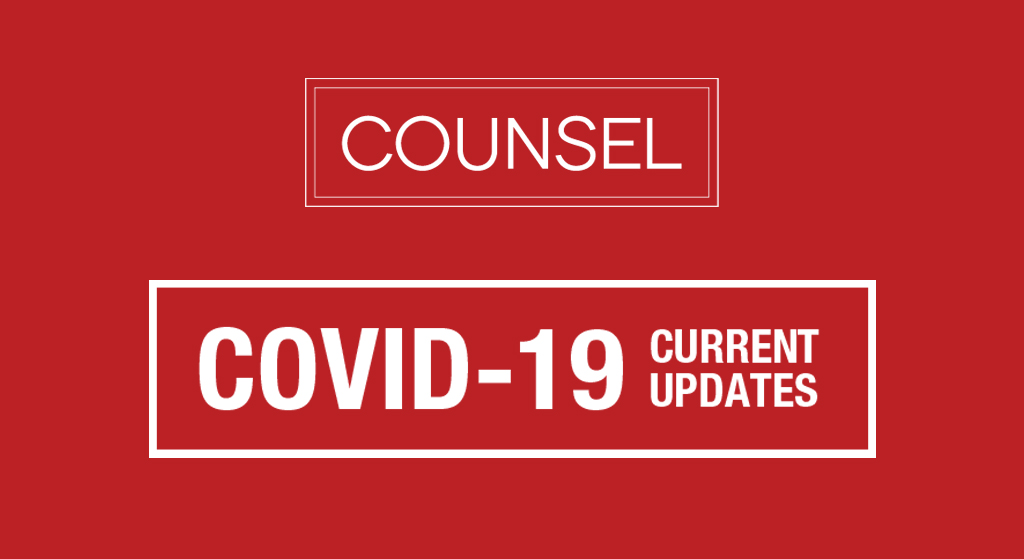The federal government has provided today’s update on the COVID-19 response in Canada. Here are the latest developments:
- The Prime Minister confirmed that the Canadian border will be closed to non-essential travel at 11:59 tomorrow evening, Friday, March 20th.
- The text of the Order in Council mandating who can be allowed into Canada by aircraft can be found here.
- In response to media questions, the Prime Minister left the door open to invoking the Defense Production Act, which would give the federal government special powers to procure essential supplies.
- The Prime Minister was also asked about invoking the Emergencies Act. He suggested that it was an extreme measure, but could be used if provincial powers were deemed insufficient. This act would give the federal government sweeping powers to restrict certain activities and compel service from essential personnel.
- The PM also said that over 50,000 Canadians have now been tested, with 25,000 tested last week alone. This is more tests than have been conducted in the United States.
- The Government of Canada has put an urgent call out for much needed medical supplies and services, which can be found here. The government is building up a stockpile of supplies that they can provide to the provinces as required. To date, no provinces have asked the federal government to provide ventilators. The federal government is also able to work with the provinces to redistribute these supplies from one part of the country to another if necessary.
- Indigenous Services Minister Marc Miller spoke to the readiness of Indigenous communities. The government is encouraging these communities to engage with provincial health authorities to ensure their needs are met first, and then Indigenous Services Canada if they are not getting the support they need. ISC is building up its surge capacity including a stockpile of supplies, and plans to shift resources around the country as required.
- The government is focussed on repatriating Canadians stranded abroad. Many countries have closed their borders completely, in which case Canada is engaging with foreign governments and airlines to arrange repatriation flights.
THINGS TO KEEP IN MIND
- How can you help? Think about how your organization’s unique capabilities can contribute to the effort to fight the virus. For example, learning resources are now being made available free online for kids whose schools are closed. Pharmaceutical companies are springing into action to donate medicines and make new technology available. Distilleries are shifting from production of liquor in order to produce hand sanitizer. A 3D printing company has begun production of ventilator parts. Everyone has a role to play.
- Aid for workers and businesses is coming. Canada’s COVID-19 Economic Response Plan will take 2-3 weeks to be fully implemented. If you need help figuring out how to access federal assistance, let us know.
- Keep the government informed of impacts to your business. Policies like the border closure were done on an emergency basis without the type of consultation that would normally go into such a sweeping government action. There are many unintended consequences to these new policies that the government may not have contemplated and could potentially be resolved if flagged for the right officials. We have found officials to be very responsive this week in dealing with client concerns.
- Plan for the medium term. This is a marathon, not a sprint. While the highest-risk stage of the pandemic may be over in a couple of months, it is likely that some degree of social distancing and controls will have to be maintained until we have a vaccine. We can help your organization to plan for the next stage of the pandemic.
LATEST CANADA COVID-19 INFECTION DATA
(Source – Public Health Agency of Canada: https://www.canada.ca/en/public-health/services/diseases/2019-novel-coronavirus-infection.html)

